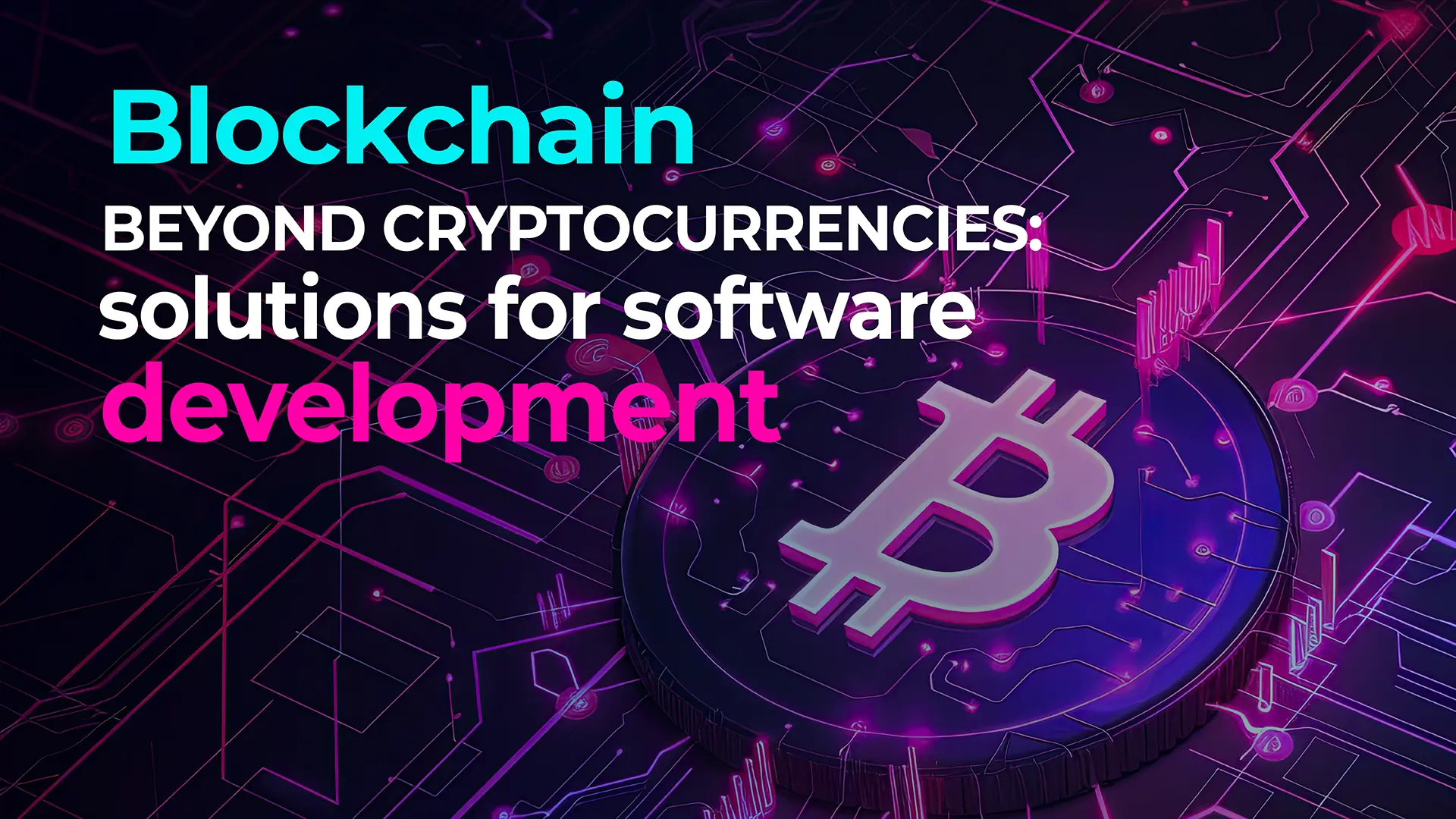Blockchain technology has transcended its initial association with cryptocurrencies, positioning itself as an innovative pillar in modern software development.
Its ability to ensure integrity, security and transparency is revolutionizing industries such as logistics, healthcare and finance, where traceability and trust are critical.
From decentralized systems to complex automations, blockchain offers a unique technical framework for solving traditional software development problems. Below, we explore its most disruptive applications in systems engineering today.
New security features
Blockchain introduces advanced security mechanisms through asymmetric cryptography, immutable hashing and distributed consensus. For example, in identity management systems, it enables passwordless authentication using public and private keys, reducing the risk of leaks.
Platforms such as Hyperledger Fabric implement private channels for confidential transactions, while healthcare projects use blockchain to protect medical records with audited access.
In addition, its resistance to manipulation thanks to blockchain’s immutability prevents fraud in sectors such as the supply chain. Companies such as IBM Food Trust use blockchain to trace products from source to consumer, ensuring authenticity and regulatory compliance.
Decentralization and transparency
Decentralization eliminates middlemen and single points of failure, creating more resilient systems.
In software development, this translates into applications where multiple nodes validate transactions, such as decentralized IoT networks that avoid dependence on central servers. Projects such as IOTA use this model for transactions between devices without additional costs.
Auditable transparency is another pillar. In digital rights management (DRM), blockchain registers licenses and content usage in a public ledger, allowing developers and users to verify authenticity without revealing sensitive data.
Governments such as Estonia implement blockchain-based systems for civil registries, ensuring transparent and censorship-resistant access.
Smart contracts
Smart contracts automate agreements through self-executing code, eliminating the need for legal or financial intermediaries. Platforms such as Ethereum and Solana enable the creation of programmable business logic for cases such as conditional payments in insurance or automatic royalties in the music industry.
In software development, these contracts facilitate the integration of decentralized services (DeFi) into traditional applications.
For example, Uniswap uses smart contracts to exchange tokens without custodians, while companies like AXA implement parametric insurance that is automatically triggered by natural disasters verified by oracles.
Automations
Blockchain enables autonomous workflows by combining smart contracts and oracles (connectors to external data). In logistics, systems such as TradeLens automate customs and payments when predefined conditions are met, such as the arrival of a container.
At the DevOps level, tools such as Chainlink integrate blockchain to trigger deployments or rollbacks after validating performance metrics in real time. This reduces human error and speeds up delivery cycles.
Startups like Dapper Labs use automations to manage digital assets in games, where NFT items are transferred between users without manual intervention.
Software testing
Another thing that is changing blockchain technology is the testing process, all thanks to its ability to simulate complex scenarios.
Frameworks like Truffle make it possible to test smart contracts on Ethereum clone networks, identifying vulnerabilities before deployment. In addition, their ability to log every interaction in a ledger facilitates bug auditing and post-incident forensic analysis.
Companies like Microsoft use blockchain to test interactions in distributed systems, ensuring consistency in multi-cloud environments. In QA, test cases stored in blockchain ensure that they are not altered, providing a reliable basis for validating updates.
Blockchain is not just a disruptive technology, but a paradigm that redefines how we build secure, transparent and efficient software. From critical infrastructure to everyday applications, its integration into modern development opens up a range of possibilities to innovate with confidence.
Adopting it is not an option, but a strategic step towards systems prepared for the challenges of the digital future.
